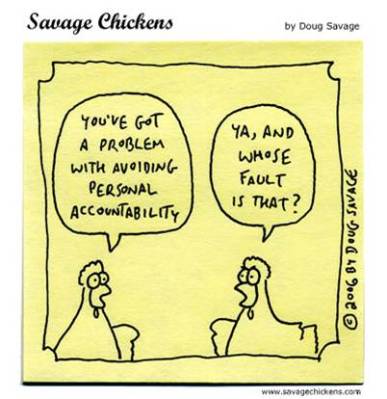We all want what’s best for our children, don’t we? The answer is ‘yes‘. Even parents whose short-term motives and tactics I question have the same long-term goal – healthy, well-adjusted, caring, ‘successful’ adults (we can debate the qualities of this last one some other time).
When we were transitioning our suburban life to one on the road as an RV traveling family, I received two specific messages from acquaintances who expressed their concern for our children’s well-being and long-term happiness. At first I took them as the routine concerns of observers that have cropped up whenever we’ve made a choice that is not along the lines of what ‘regular mainstream’ families do – of which there have been many. Further discussion revealed that these people had, themselves, lived a traveling life during periods of their own childhood. This got me to thinking. I could not reconcile how a decision that we had made enthusiastically as a family would result in our adult children looking back with anger or regret. I needed to process.

What makes someone wish in retrospect that they’d had a different experience?
One thing: Choice.
When we feel empowered in our own experiences and that we have control over the decisionmaking process, there can be no regret. The outcome may not be what we had anticipated but, in the long run, we’ll not lay blame on others for what we’ve experienced or what has become of us.
The key? We can always make another choice.
This applies to everything. If a child chooses a food and doesn’t like it, do we scold him and force him to eat it anyway? This takes out the empowerment of the choice. Next time there is no choice- opt for something he knows he’ll like. And then we wonder why our children aren’t more adventurous in their food intake?
If a child decides to take ski lessons and opts out after a few sessions because it’s just not her cup of tea? Do we shuttle a miserable child to and fro until the end of the season because it’s been paid for and committed to? Again, a child who is not allowed to change their mind is disempowered from the beginning. Learning at every bend, they fear then that their next ‘choice’ may result in extended misery and/or disappointment from their parents and opt out of trying a new activity.
Think on this: if a friend asked you to come and try Tai Chi but you knew you’d have to go to every single session for six weeks whether or not you ended up hating it, would you try at all?
Choice.
Children are always learning. Some are adventurous in their choices and are trying new things all the time. Others exercise just as many choice muscles but in a more reserved way (saying ‘no’ is a choice). How many foods your child eats or activities and experiences your child participates in is not indicative of their level of comfort and independence in making the choice. It’s our unwavered support of their decisionmaking that results in confident, fulfilled children and adults.
When a group decision needs to be made, children are capable of seeing the broader perspective with the help of supportive adults who can share objective wisdom gleaned from more life experience. Children are naturally caring and do not wish for their choices to negatively impact others. (Impulsivity for younger children is just that- there is no intention to harm or offend those around them.) Even infants can communicate their needs and desires effectively when their parents are tuned in.
Choice doesn’t mean always getting what we want. Compromising is a choice when it’s done rationally and independently. Children do this all the time during play. Yes, sometimes assistance is helpful. And that’s our job! Not to judge but to facilitate when we’re needed.
So ARE we screwing up our kids by traveling? As long as it continues to be the choice of everyone involved, no. They will always feel that their input matters and that they have control over how and where their personal journey takes them. We CHOOSE to be together. We CHOOSE to travel and see the world. We CHOOSE to listen to, accept, and communicate with each other whenever situations are difficult and reevaluate as needed.
Love it…. till you don’t. Then choose something else.
May 12, 2011 @ 23:50:19
We gave our oldest son (13) a choice. He chose to stay behind and continue living the suburban life when we chose to travel full time. This was 9 months ago. Since making this choice he has had an opportunity to spend time with us on the road during his school vacations and get a feel for what this huge transition is actually like. 9 months later he has chosen, on his own accord, to join us full time. He is fully embracing the new adventure. I do not think he would have come to this understanding had we forced him to do this 9 months ago. He would not have been in the mindset to embrace anything new. To allow him to stay behind was a huge compromise on many levels nonetheless, a necessary one. I think he appreciates being considered and allowed to have his experience on his terms. He knows he matters. He knows he is valued and his needs are important. And a huge plus in it all- he knows there is more to life and that anything is possible. Freedom.
May 13, 2011 @ 09:31:40
So funny, Liz! I thought of you as I re-read the last bit of this after writing it. Maybe that last part was for you!
I find your family’s courage to support your son’s independence and everyone’s personal journey inspiring. So exciting that he’s decided to join you! ❤